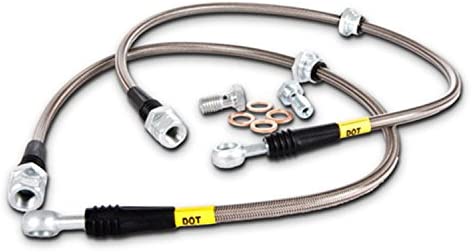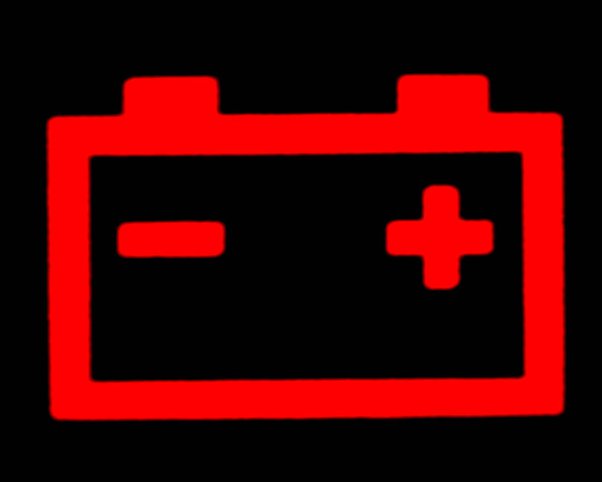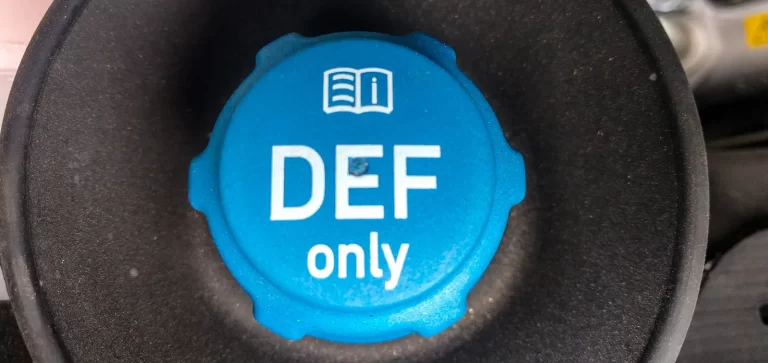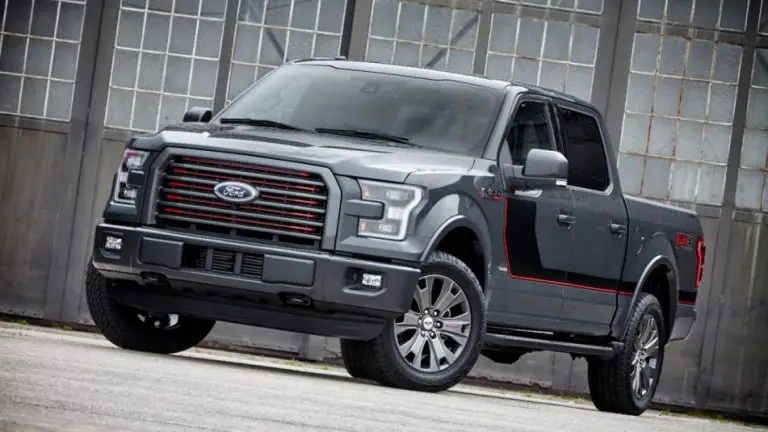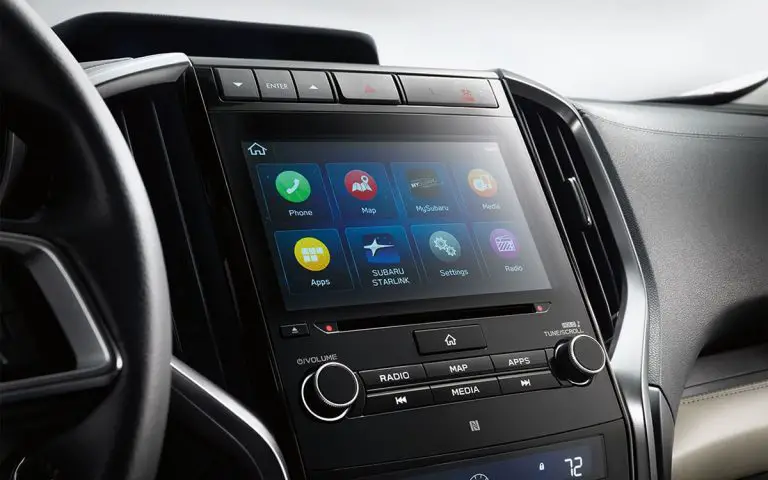Clunking Noise When Accelerating and Decelerating – What Is The Reason?
At some point, most drivers had to deal with different car noises, which may indicate something wrong with the car.
If you hear any noise that isn’t normal, you should never ignore it.
What Are the Reasons?
Weak motor mounts, a failing drive shaft, a failing shift solenoid, and a low transmission fluid level are some of the things a clunking noise from the front of your car may indicate.
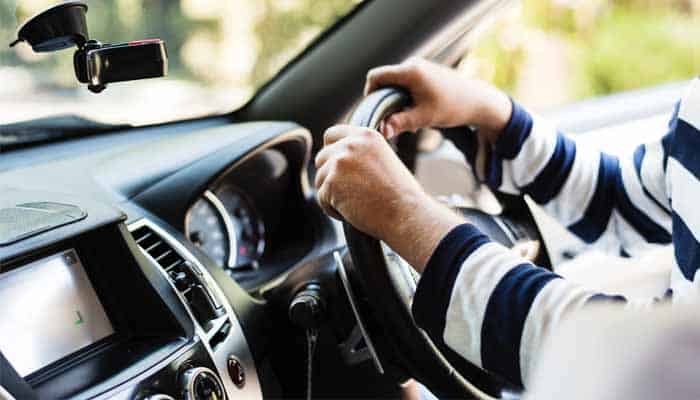
Worn Motor Mounts
If you can hear the clunking noise only when you hit the gas pedal, it’s probably a bad motor mount.
Most customers will not be able to reproduce the sound when they bring the car in for a diagnosis. There is more than one way to identify a broken mount.
What Is a Motor Mount?
It’s possible that you never had to deal with a motor mount, even if you’re familiar with cars. The engine relies on multiple mounts that hold it in place.
When the engine is running, it can make the driving experience feel worse.
Engine mounts are made from rubber and do an excellent job at deflating. It is possible for mounts on newer cars to have a fluid inside, which reduces the amount of vibration.
It’s possible to use vacuum-controlled mounts in high-end cars to reduce the amount of sound and vibrations in the cabin.
Bad Motor Mount Signs
Although you don’t need to service engine mounts, they break and need to be replaced after a few years. There are several signs of a bad motor mount.
- Clunking or banging noises come from the front of the car, as the engine starts moving.
- Driving a car with worn mounts can cause increased vibration.
- The ride might not be as smooth as before, and you might experience a jerk when you change gears.
- When you start the car, you could experience a lurch.
- If the motor mounts are worn, a close visual inspection will tell you.
Cost to Replace
Replacing a motor mount can be hard. It is a job where the labor cost will be more than the actual cost.
You can expect to pay $400 to $600 for labor and parts. Your cost will be higher if you have more than one mount.
How Long Does It Last?
Depending on the build quality and the car’s drive, engine mounts will last up to 10 years. Your vehicle will drive as smoothly as possible if you inspect them regularly.
Worn Transmission Mount
A worn transmission mount is one of the most common issues that might cause your car to make a clunking noise. Motor mounts and transmission mounts both work the same way.
It is possible to make them out of rubber, while the better ones are made out of mounts. The latter does a better job of keeping the noise in check.
Worn Transmission Mount Signs
The symptoms of a worn transmission mount will be the same as the symptoms of a worn engine mount.
- Noise and vibration
- Clunking and banging sounds from the transmission
- Jolt when changing gears
You can check for damage to the transmission mounts with a visual check.
Cost to Replace
Replacing your transmission mount can be difficult. Unless you have experience working as a mechanic, I don’t think you should try this as a DIY job.
It is similar to replacing a motor mount and will cost $400.
Low Transmission Fluid
The clunking noise you hear occasionally is caused by the low transmission fluid.
Some manufacturers recommend that you replace transmission fluid every four years or 100,000 miles, even though it doesn’t require changing like engine oil.
Signs of Low Transmission Fluid
- Slipping gears
- Warning light ON
- Clunking noise while changing gears
- Leaks of red fluid
- Burning smell transmission fluid
You need to have your car inspected by a certified mechanic as soon as possible if you experience any of these signs.
Delays can cause more damage to the vehicle and become very expensive.
Cost
Some cars that are sealed for life require a transmission fluid change every 40,000 miles, while other cars that are sealed for life don’t.
The cost of changing the transmission fluid varies depending on the make and model of the car, and there are filters and a pan gasket that need replacing too.
Failing Driveshaft
The shaft that drives the car is referred to as the driveshaft. It transfers the power from the engine to the wheels of the vehicle.
Although the driveshaft will not fail as quickly as other parts, it can happen due to spirited driving.
Failing Driveshaft Signs
- Clunking, rattling, or squeaking noise
- Shuddering when accelerating
- Problems when turning
- Increased vibrations
- Drivetrain Warning light
Cost of Repairing
The cost of repairing a failing driveshaft will depend on where you take your car, as with other car parts.
A local repair shop may be cheaper than the main dealer, but it is still important to choose a qualified and knowledgeable person to fix your car.

What to Do When You Hear a Clunking Noise When Driving?
If your car makes strange noises, you should take it to a repair garage and have it inspected by a mechanic as soon as possible.
You should pay attention to the area where the sound is coming from, and more importantly when you can hear the sound.
If you want to get the car to the mechanic, try and replicate the sound as many times as possible.
This helps you to identify the culprit easily!

Truck driver by profession, automotive lover by heart. Ricky is the main publisher and editor at Truckile.com sharing his life-long knowledge and experience in the auto industry and truck driving!


